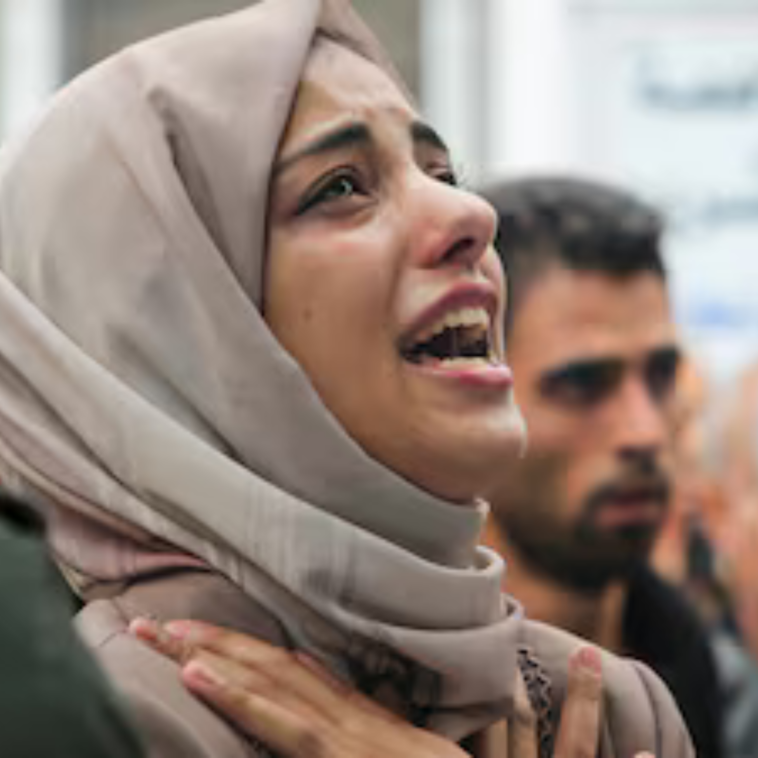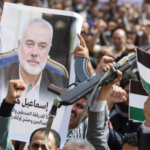As per BBC news, it’s been six years since the BBC’s Paul Adams has been in contact with a young graduate , Asmaa, in Gaza. Her text messages symbolized some unique insight into the terrors and small triumphs she has experienced during the current conflict, and her fears for the future.
Asmaa re-emerged after a long silence
After several weeks of silence, Asmaa Tayeh has re-emerge on WhatsApp on 19 March, 2024
She said “Sorry. Bad internet connection and dangerous days.” And then silent for another two months.
As per Adams, Asmaa always messages him at midnight. It has been like this since 7 October, Long disappearances, punctuated by flurries of text messages, as the 28-year-old emerges, briefly, amid the nightmare of Gaza’s longest war, when Adams phone pings.
“They show me how handcuffed I am,” Asmaa said
Adams met Asmaa in 2018 in Gaza, reporting on daily protests at the border fence with Israel, where thousands of mostly young Palestinians angrily commemorated their ancestors’ displacement during Israel’s War of Independence, 70 years earlier.
According to Adams, Asmaa was not part of the protests and was found at her family’s home a few miles away in Jabalia, quietly writing stories that were mostly ready online about the terror and attacks. “They show me how handcuffed I am,”Asmaa wrote that year.
Asmaa described the terror and violence in Gaza
“I saw so much that I cannot find words to describe. The streets are scary and the smell of death is everywhere. People are getting skinny and sick. I feel like I’m living inside a horror movie.” Asmaa said
“We kept distance between us, so if any air strike comes, not all of us will die.” she added
An Israeli man called Asmaa and asked them to leave the place for their safety. She described meeting the Israeli soldier as “I’m really curious about the way they’re fighting, how they look at us, how they understand the struggle. I feel like I need to dive inside their minds.”
“I don’t have any hope in this hope”
Asmaa described the current Gaza situation as death, displacement and trauma leaving whole neighborhoods teetering on the brink of disintegration.
“It’s becoming really normal to see people even killing each other,” Asmaa said.
Asmaa said it would take Gazans to recover “I don’t have any hope in this place.I’m not the same person any more. I don’t think I’ll recover.”Asmaa added





GIPHY App Key not set. Please check settings